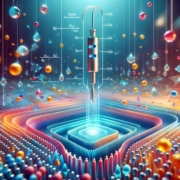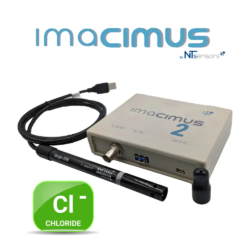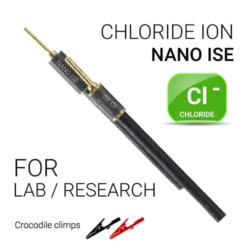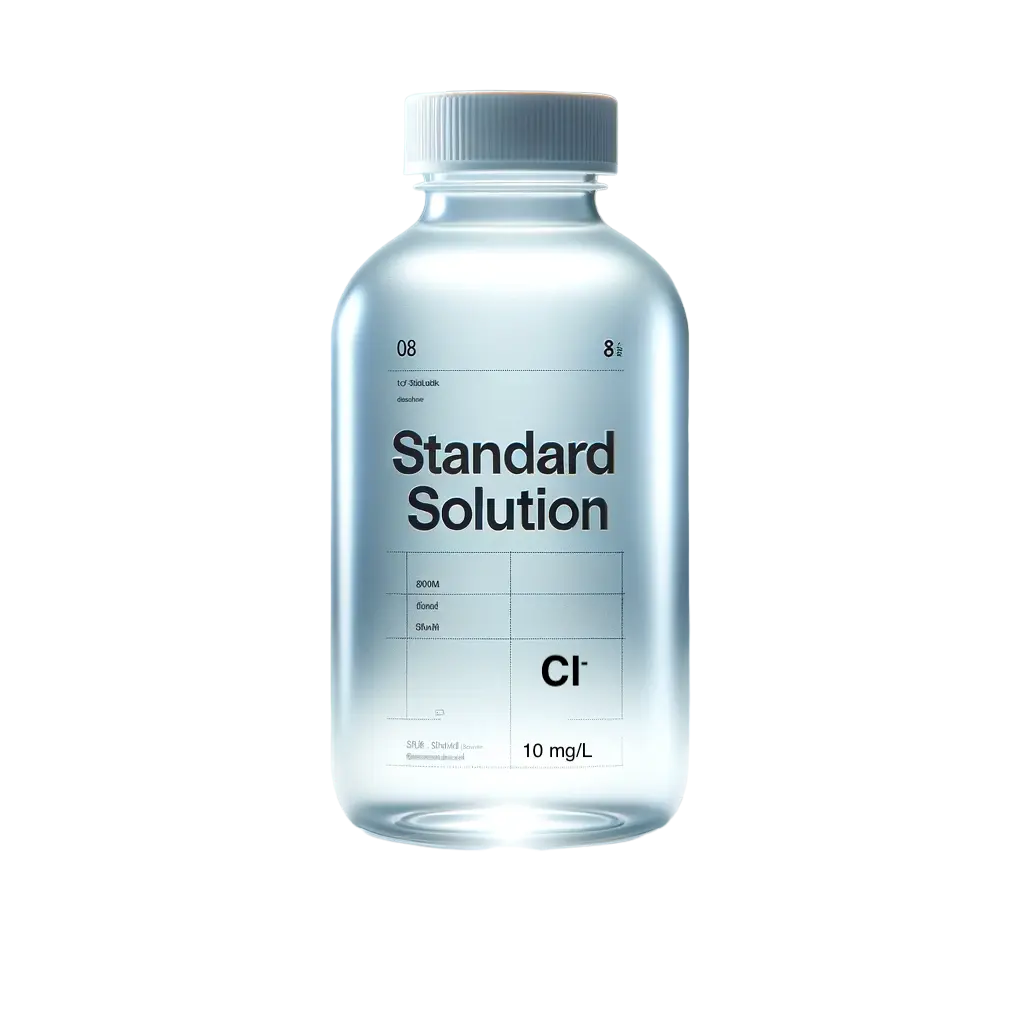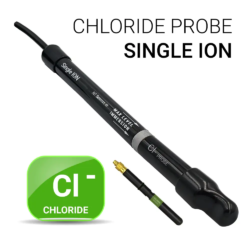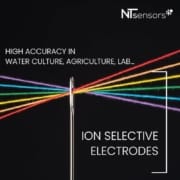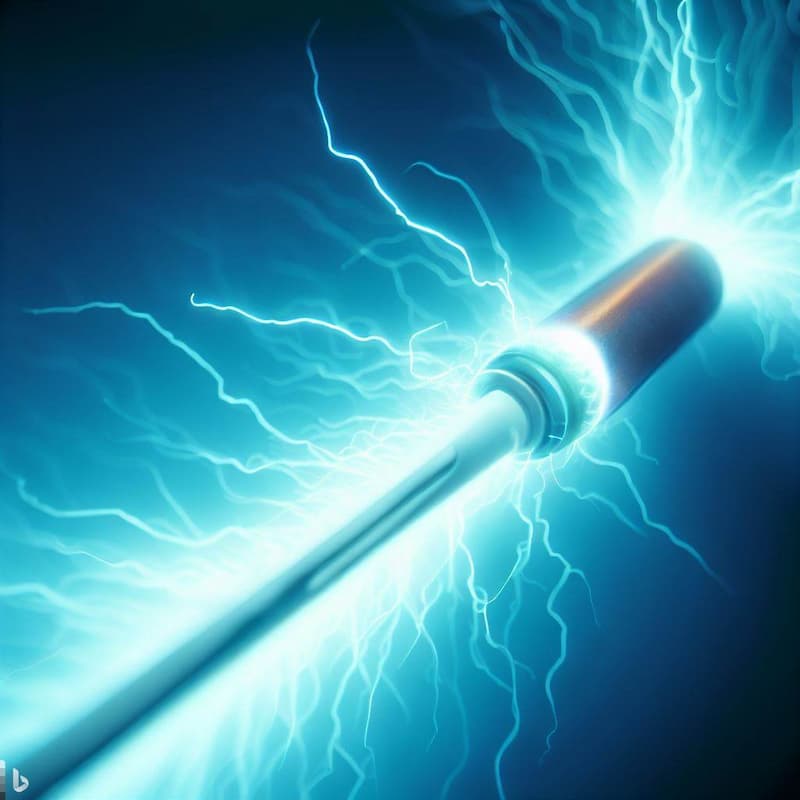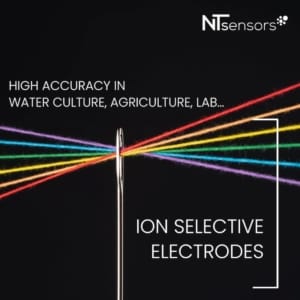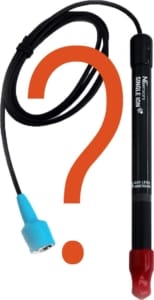Ion Selective Electrodes in Water Nutrient Measurement
Ion Selective Electrodes (ISE) – Pioneers in Water Nutrient Analysis
Understanding Ion Selective Electrodes (ISE)
Ion Selective Electrodes (ISEs) are specialized sensors used in analytical chemistry, particularly in the measurement of ion concentrations in water. These electrodes are sensitive to specific ions and provide a voltage that can be translated into ion concentration. This method is known for its precision and specificity, making it a popular choice in environmental monitoring and water quality assessment. Learn more about ISE applications.
The Principle Behind ISE Technology
ISEs function based on the Nernst equation, which relates the electrode potential to the ion concentration. Each ISE has a unique membrane that selectively allows specific ions to pass through. This selectivity is crucial for accurate measurements in complex solutions like environmental water samples, where multiple ions may be present. Discover the challenges in using ISEs.
Advantages of Using ISE for Water Nutrient Measurement
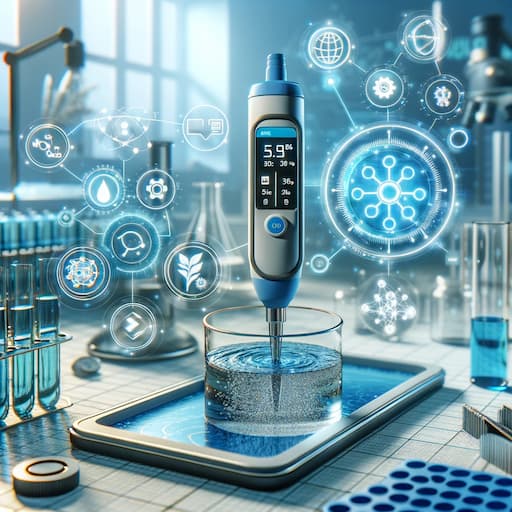
Applications of Ion Selective Electrodes in Various Fields
ISE in water are widely used in fields ranging from environmental science to agriculture and industrial processes. In environmental monitoring, they are used to track nutrient pollution in water bodies, aiding in the protection of aquatic ecosystems. In agriculture, ISEs help in managing soil nutrient levels, directly impacting crop yield and health. Industrial applications include monitoring of wastewater and process streams. Learn more about ISE technology.
Challenges and Considerations in Using ISEs
Despite their advantages, ISEs come with challenges. Calibration and maintenance are crucial for accurate measurements. The presence of interfering ions can sometimes lead to erroneous readings, requiring careful sample preparation and analysis. Additionally, the lifespan of the electrode membrane and its sensitivity to changes in temperature and pH are important considerations for reliable use. Explore the benefits of using ISEs.
Related:
Nitrate Ions: An Essential Component of Soil Fertility and Agriculture
https://www.ntsensors.com/optimizing-wine-quality-with-advanced-potassium-analysis/

